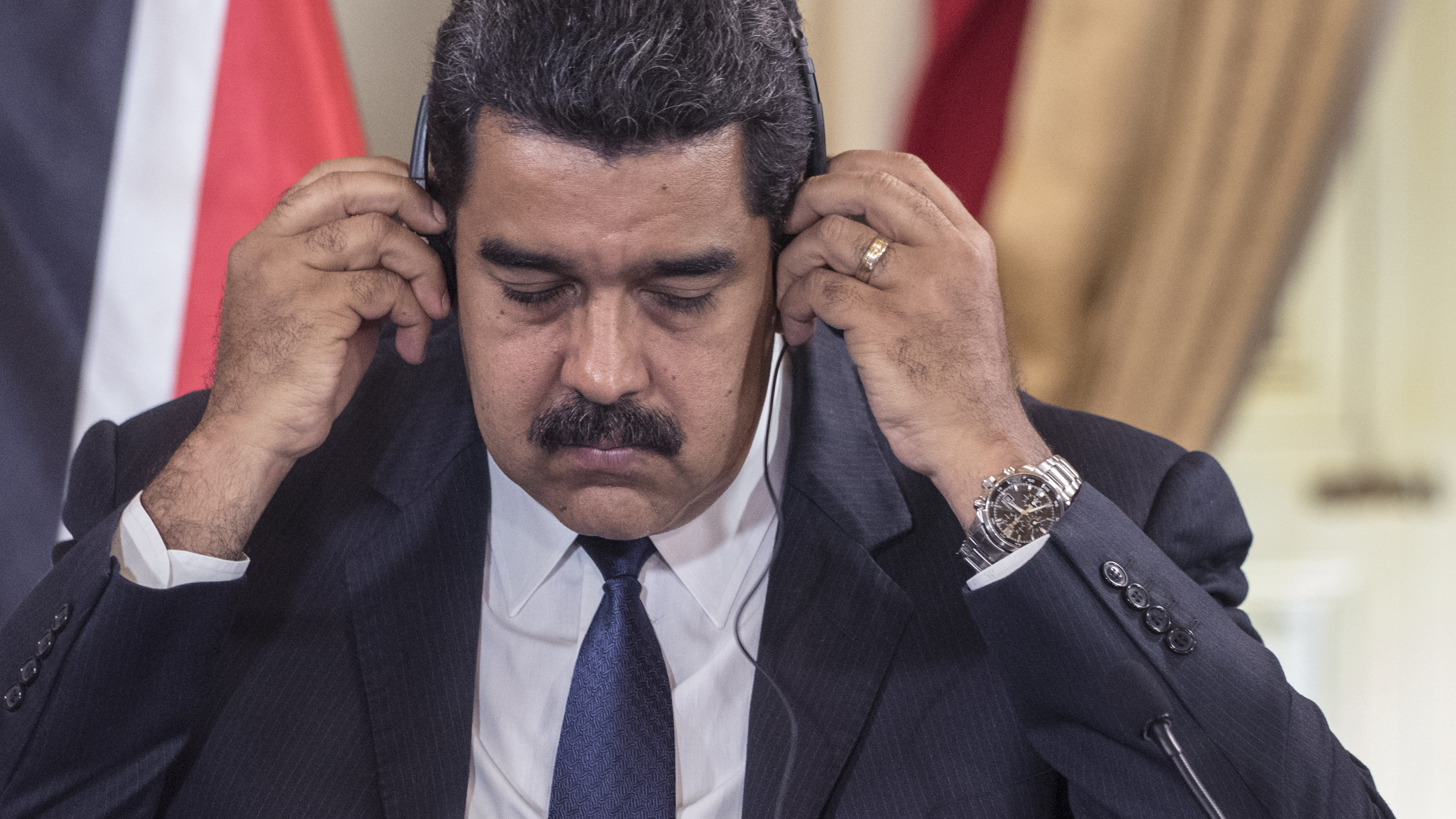How the ICC Selects Its Cases
The ICC prosecutor’s office (OTP) has released a new draft policy paper, which includes material relevant for understanding how the office could conduct sensitive future investigations. Specifically, the paper addresses case selection and prioritization. Although outside observers sometimes miss its importance, the distinction between situations and cases is a fundamental one for the court.
The ICC prosecutor’s office (OTP) has released a new draft policy paper, which includes material relevant for understanding how the office could conduct sensitive future investigations. Specifically, the paper addresses case selection and prioritization. Although outside observers sometimes miss its importance, the distinction between situations and cases is a fundamental one for the court. As the paper provides, cases are “specific incidents within a given ‘situation’ during which one or more crimes within the jurisdiction of the Court may have been committed.”
The paper is timely given the initiation of an investigation in Georgia and the continuing preliminary examinations in Afghanistan and Palestine. In all these situations, nationals from multiple states—including, importantly, non-members—might come under court scrutiny. The question of how the court will select cases to pursue within an investigation is therefore becoming acute in certain important capitals.
Most of the paper is not revelatory, but a few issues do merit attention:
First, the OTP reiterated its position that the court has jurisdiction over non-member state nationals when the court’s jurisdiction is territorial in nature. "Where the Office proceeds on the basis of territorial jurisdiction," the paper provides, "it can investigate all alleged crimes occurring in a particular territory or State, irrespective of whether the individual concerned is a national of a State Party or a non-State Party." That means, for example, that the ICC can prosecute Russians in the Georgia situation, Americans in Afghanistan, and Israelis for conduct in Palestine. The OTP’s view of its jurisdiction is not controversial with most court specialists, but it is a potentially explosive point of tension with some powerful non-member states. The Obama administration, for example, has made clear its stance—at least as a policy matter—that the court should not exercise jurisdiction over Americans. Future U.S. administrations are almost certain to maintain this view.
The report also includes an intriguing discussion of how the concept of “gravity” applies to the selection of cases within a situation. Gravity is a central if still largely inchoate concept for the prosecutor as she decides which situations to investigate. The prosecutor cannot open a full investigation without determining that the situation passes a gravity threshold, and the OTP has declined to investigate several situations it deemed insufficiently grave. But gravity has received less attention in the context of case-selection. How does the prosecutor decide what crimes within a complicated situation are grave enough to pursue? How do different crimes rank? To put the issue in starker terms: how should alleged U.S. detainee abuse in Afghanistan stack up against Taliban bombings of civilians? How should Israeli settlement activity (which might be criminal under the Rome Statute) be prioritized against indiscriminate Hamas rocket attack?
There are no clear answers to those questions in the paper, but there are a few hopeful signs for U.S. and Israeli officials worried that their nationals will be in the prosecutor's crosshairs. First, the OTP notes that it may apply a more exacting standard of gravity in the case-selection context than in the selection of situations. The office also insists that it will not pursue cases against multiple parties simply to demonstrate evenhandedness: “The Office will not seek to create the appearance of parity within a situation between rival parties by selecting cases that would not otherwise meet the criteria…” Finally, the paper notes that relevant factors in prioritizing cases include the degree of international cooperation and the prospects of securing the arrest of suspects. If the OTP knows that a non-member will never cooperate in the investigation of its nationals, the paper suggests, the prosecutor may choose to prioritize more promising cases.


-2.jpg?sfvrsn=f979c73d_6)

